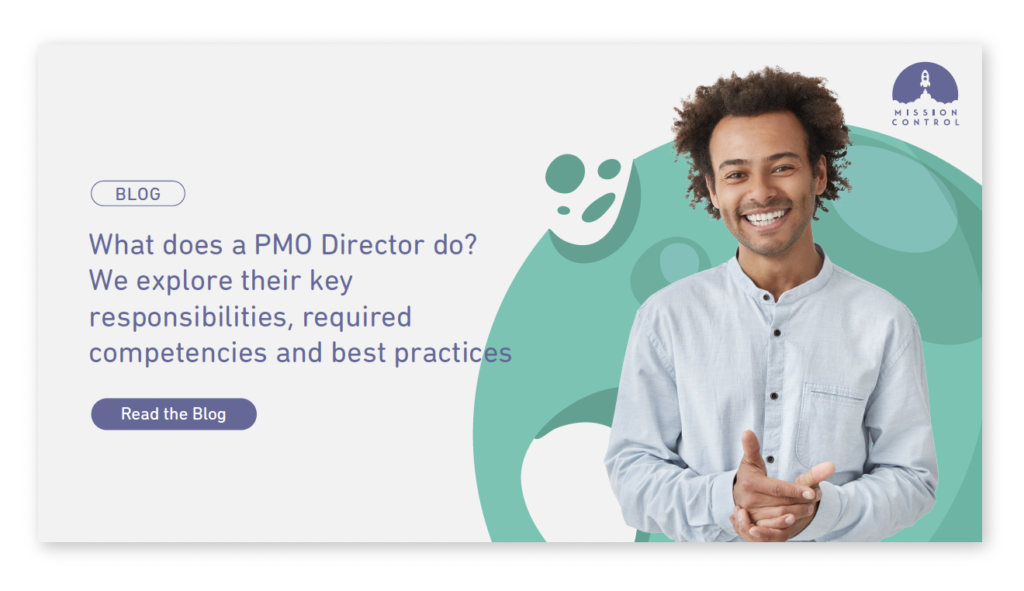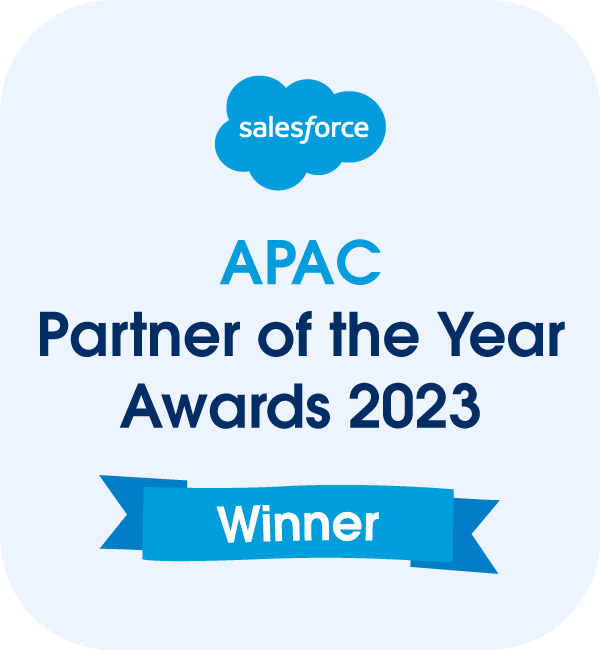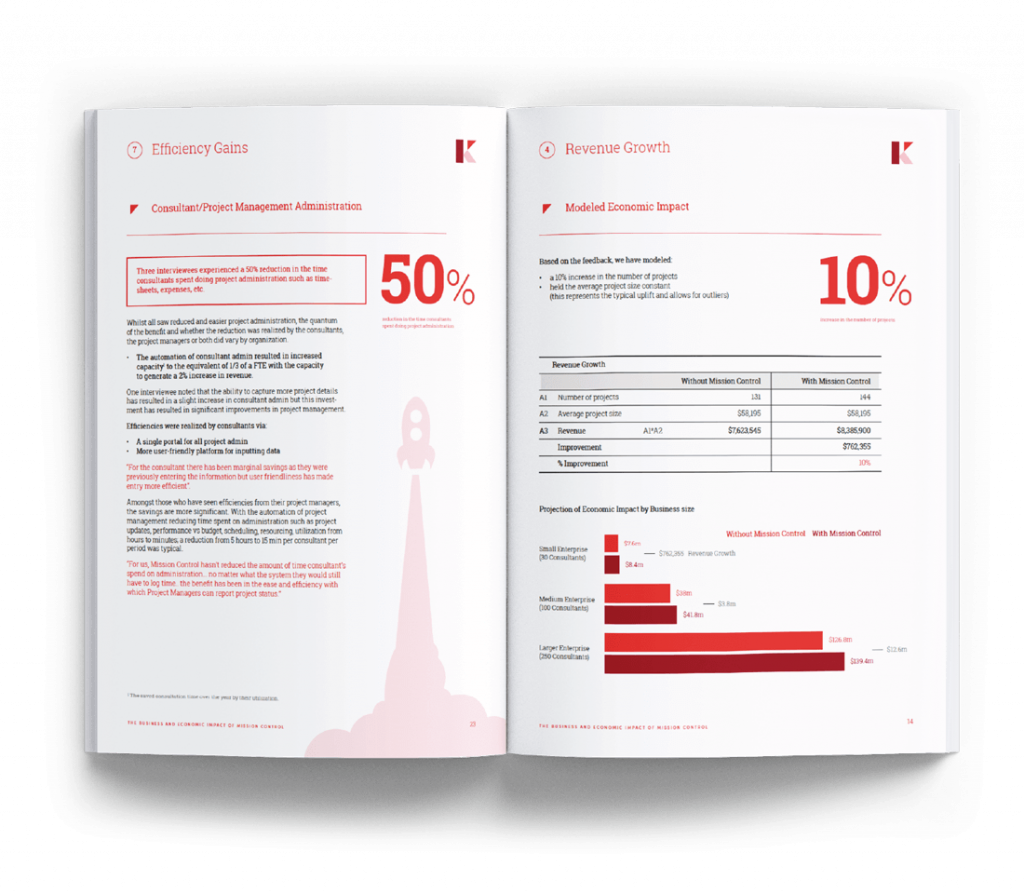A Project Management Office (PMO) Manager is a key figure responsible for overseeing and managing the Project Management Office within an organization. The PMO is a centralized function that provides support and governance to ensure that projects align with the organization’s strategic goals, follow best practices, and are executed efficiently. In this article, we will explore the roles and responsibilities, key skills, challenges, and best practices associated with the role of a PMO Manager.
Roles and Responsibilities:
1. Strategic Alignment:
- Ensure Alignment with Organizational Goals: Align projects and programs with the overall strategic objectives of the organization.
- Portfolio Management: Oversee the portfolio of projects to optimize resource allocation and prioritize initiatives that provide the most value.
2. Governance and Standards:
- Develop Project Management Policies: Establish and enforce project management methodologies, standards, and best practices.
- Compliance: Ensure projects comply with regulatory requirements and organizational policies.
3. Resource Management:
- Resource Allocation: Optimize the allocation of resources across projects to maximize efficiency and productivity.
- Capacity Planning: Forecast resource needs and plan for skill development within the project teams.
4. Project Oversight:
- Monitoring and Reporting: Implement systems for monitoring project progress and generating regular reports for stakeholders.
- Issue and Risk Management: Oversee the identification, analysis, and management of project issues and risks.
5. Project Methodologies:
- Selecting Methodologies: Choose and implement appropriate project management methodologies (e.g., Agile, Waterfall) based on project requirements.
- Training: Provide training and guidance on project management methodologies to project managers and teams.
6. Performance Metrics:
- Establish KPIs: Define and implement key performance indicators (KPIs) to measure the success and performance of projects.
- Benchmarking: Conduct benchmarking against industry standards to identify areas for improvement.
7. Stakeholder Communication:
- Communication Planning: Develop communication plans to keep stakeholders informed about project progress, changes, and challenges.
- Executive Reporting: Provide concise and relevant updates to executive leadership.
8. Continuous Improvement:
- Feedback Mechanism: Establish mechanisms for gathering feedback from project teams to identify areas for improvement.
- Process Optimization: Continuously optimize project management processes to enhance efficiency and effectiveness.
9. Training and Development:
- Skill Development: Identify skill gaps within project teams and implement training programs to address them.
- Mentoring: Provide mentorship and guidance to project managers and team members.
Key Skills and Competencies:
1. Leadership:
- Strategic Vision: Ability to align the PMO with the organization’s strategic goals.
- Influencing Skills: Influence and motivate project managers and teams to achieve project success.
2. Communication:
- Stakeholder Management: Effective communication with stakeholders at all levels of the organization.
- Presentation Skills: Ability to present complex information in a clear and understandable manner.
3. Analytical Skills:
- Data Analysis: Analyze project data to identify trends, issues, and opportunities for improvement.
- Problem-Solving: Address complex problems and make informed decisions.
4. Project Management Expertise:
- Project Lifecycle Knowledge: Comprehensive understanding of project management methodologies and project lifecycles.
- Risk Management: Proficiency in identifying, assessing, and managing project risks.
5. Change Management:
- Change Leadership: Lead organizational change initiatives and manage resistance to change.
- Cultural Awareness: Navigate and shape the organizational culture to support effective project management.
6. Technical Proficiency:
- Project Management Tools: Familiarity with project management tools and technologies.
- Data Management: Understanding of data governance and management principles.
7. Adaptability:
- Agile Mindset: Adaptability to changing project requirements and business priorities.
- Continuous Learning: Stay updated on industry trends and emerging project management practices.
Challenges Faced by PMO Managers:
1. Resistance to Change:
- Overcoming resistance from teams and stakeholders when implementing new project management methodologies or tools.
2. Resource Constraints:
- Managing limited resources and competing priorities across multiple projects.
3. Maintaining Alignment:
- Ensuring that projects align with the organization’s strategic goals and objectives.
4. Balancing Flexibility and Governance:
- Striking the right balance between providing flexibility for project teams and maintaining governance and control.
5. Measuring Success:
- Defining and measuring success in a way that accurately reflects the value delivered by projects.
6. Cultural Shift:
- Navigating and influencing a cultural shift toward a project-focused and data-driven mindset.
7. Adapting to Technology Changes:
- Keeping up with technological advancements and adapting project management processes accordingly.
Best Practices for PMO Management:
1. Clear Governance Structure:
- Establish a clear governance structure with defined roles, responsibilities, and decision-making processes.
2. Collaborative Culture:
- Foster a collaborative culture that encourages communication and knowledge sharing among project teams.
3. Continuous Learning:
- Encourage continuous learning and professional development for project managers and team members.
4. Regular Reporting:
- Implement regular reporting mechanisms to keep stakeholders informed about project status and performance.
5. Feedback Loops:
- Establish feedback loops to gather insights from project teams and stakeholders for continuous improvement.
6. Agile Adoption:
- Consider adopting Agile methodologies to enhance adaptability and responsiveness to changing requirements.
7. Strategic Partnerships:
- Establish strategic partnerships with key stakeholders to ensure alignment with organizational goals.
Conclusion:
In conclusion, the role of a PMO Manager is pivotal in ensuring that an organization’s projects and initiatives are executed successfully, aligned with strategic objectives, and contribute to overall business success. The manager must possess a diverse set of skills, from leadership and communication to project management expertise and adaptability. By navigating challenges and implementing best practices, a PMO Manager can play a transformative role in enhancing the efficiency and effectiveness of an organization’s project management processes, ultimately contributing to its long-term success.
Mission Control is a powerful project management software with a suite of tools to transform your project management office into a profit center. These tools enable you to manage your resources efficiently, automate your professional services, and track and report your projects’ progress.
Ready to start a PMO at your business? Request a demo today to see how Mission Control can help make the process easier.





